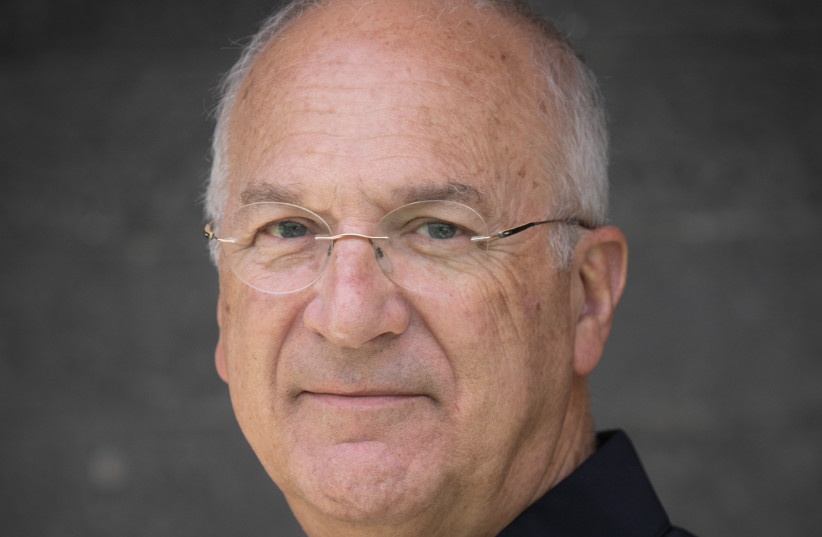The Israel Academy of Sciences and Humanities, responsible by law for fostering international academic relationships and representing Israeli science globally, has issued an appeal to all academic institutions abroad to fight antisemitism and boycotts (BDS – boycott, divestment, sanctions) of Israeli research institutions and scientists.
The Academy's council, whose members have the highest rank, reached out to express its deep concern over the intensifying academic boycott of Israeli research institutions and scientists. “This boycott threatens to undermine not only Israeli science but also the very principles of academic freedom and international collaboration, which are the bedrock of scientific progress,” they wrote.
Chartered by law in 1961, the Academy serves as a national focal point for Israeli scholarship in both the natural sciences and the humanities. Its membership is comprised of 148 of Israel’s most distinguished scientists and scholars, who – with the help of the Academy's staff and committees – monitor and promote Israeli intellectual excellence, advise the government on scientific planning, fund and publish research of lasting merit, and maintain active contact with the broader international scientific and scholarly community.
“We urge our fellow academies, universities, and research institutions worldwide to reject the use of academic boycotts as a tool for geopolitical disputes. Science transcends national borders and is grounded in shared universal values of academic freedom, cooperation, and freedom of thought and expression. Academic boycotts are a direct attack on these values, impeding the ability of scientists to work together on solving global challenges,” they wrote in their letter.

Could academic partnerships be at stake?
The council members warned that “the growing boycott actions have already resulted in significant disruptions, including the cancellation of cooperative projects, mutual visits and joint conferences. This is a dangerous trend that threatens to isolate Israeli scientists and impede the global exchange of knowledge. Moreover, such measures risk damaging Israel’s participation in crucial international research programs, such as those of the European Union, which are vital to the advancement of scientific research and innovation.”
They appealed to all academic institutions to stand firm against “manifestations of anti-Semitism and anti-Israel sentiments that often masquerade as political criticism. It is essential to maintain an academic environment free of discrimination and prejudice, ensuring that all academic community members can contribute to scientific research without fear of bias or boycott. In light of this, we also call upon Israel’s government to take decisive actions to safeguard the future of research in Israel. The government must halt activities.”
The Academy’s leaders, including its president, Prof. David Harel, emphasized the importance of academic freedom and the dangers of isolating Israeli scientists from the global community. They call for a united stand against discrimination and urge the Israeli government to support and protect the integrity of its research institutions during these challenging times.”
In addition to Harel, the other signatories were Prof. Margalit Finkelberg (vice-president of the Academy), Prof. Sergiu Hart (chairperson of the Humanities Division), Prof. Yadin Dudai (chairperson of the Sciences Division), Prof. Nili Cohen (past president of the Academy), and Galia Finzi (director-general).
